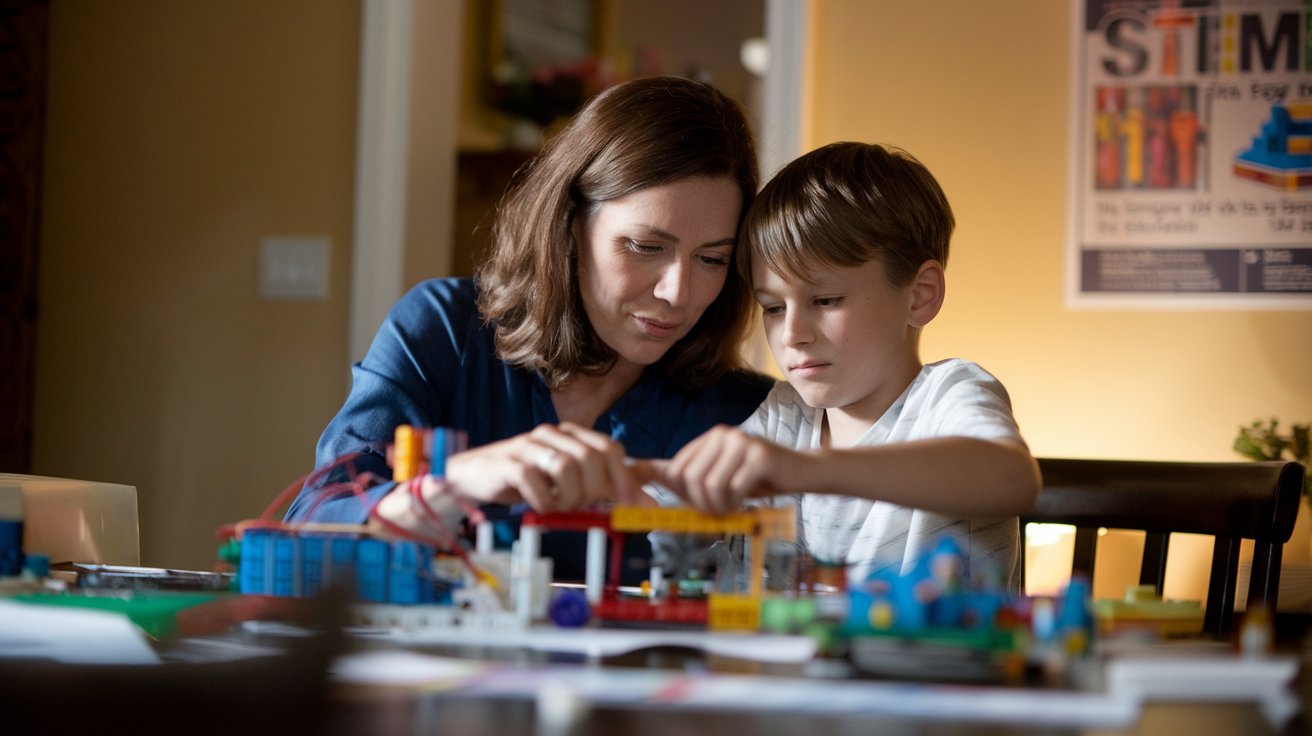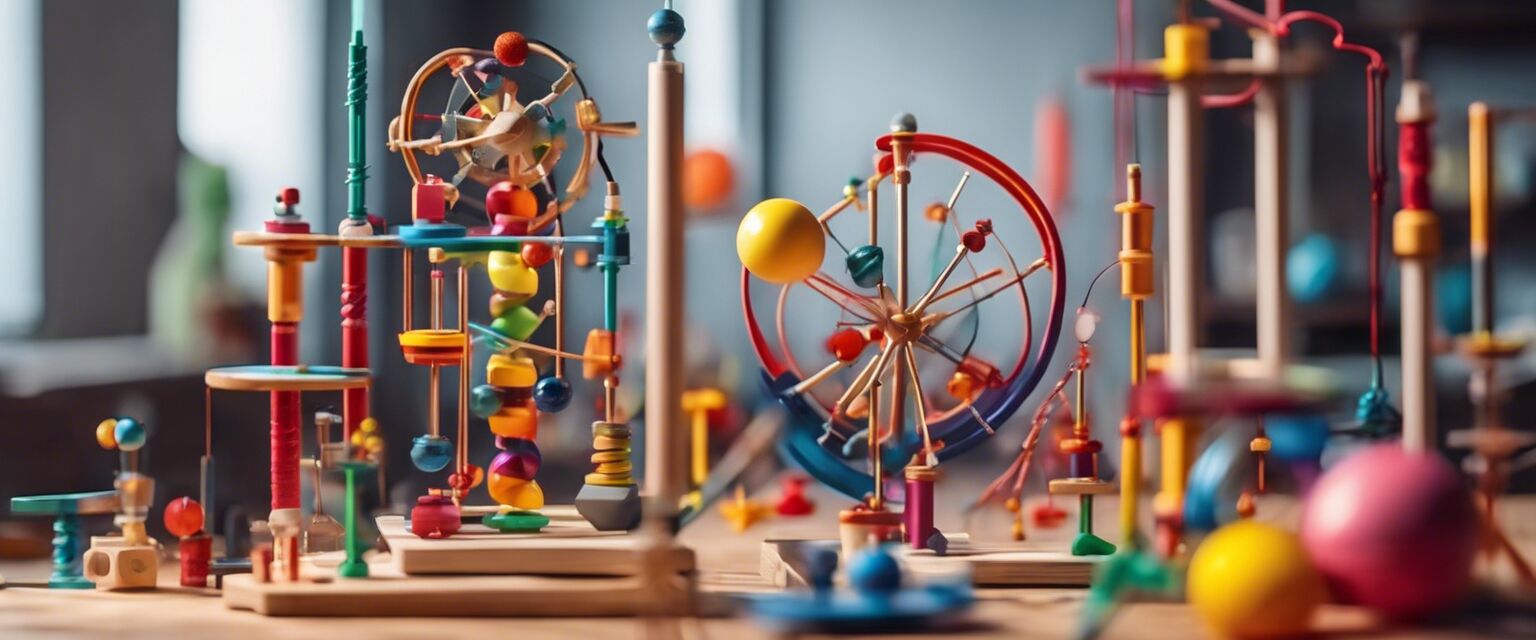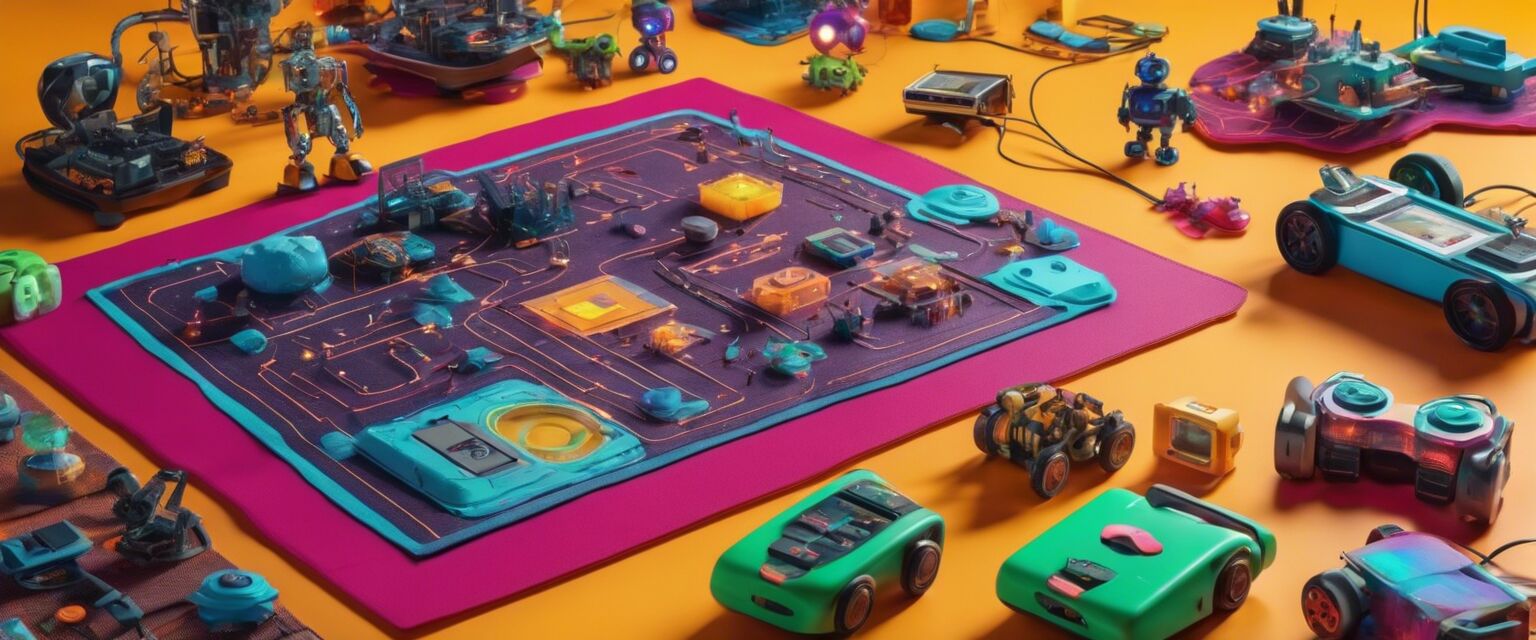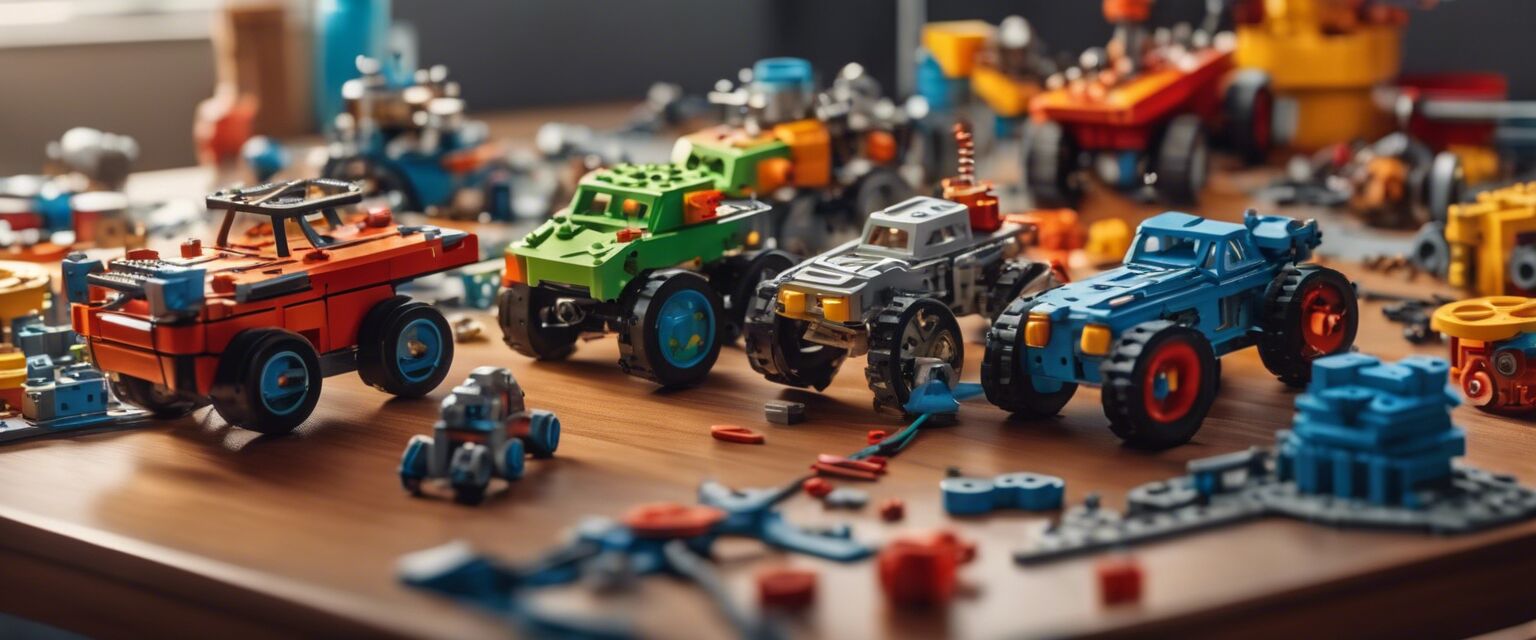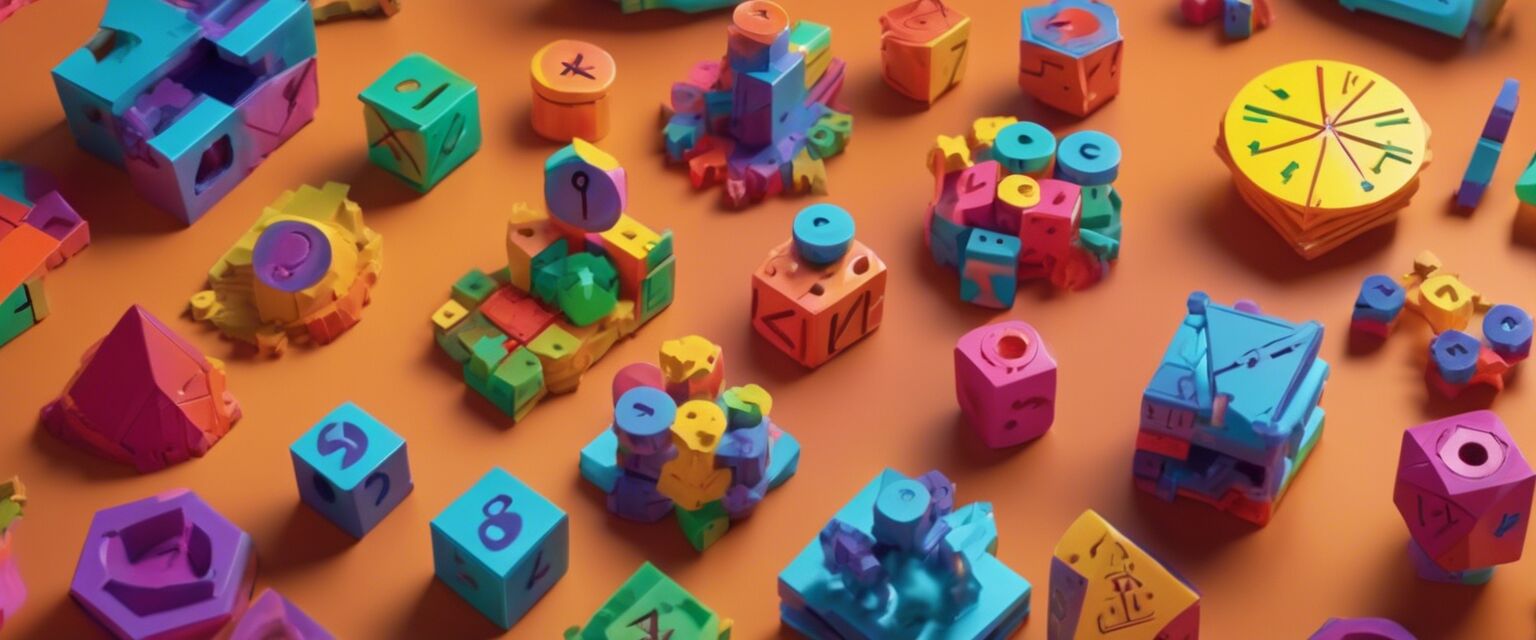
Math Learning Toys
Key Takeaways
- Math learning toys engage children in fun activities that enhance their mathematical skills.
- These toys cater to various age groups and skill levels, making them suitable for every young learner.
- Incorporating math toys into playtime promotes critical thinking and problem-solving abilities.
- Hands-on learning through toys aids in retaining mathematical concepts better than traditional methods.
Math learning toys are an exciting way to introduce children to numbers and mathematical concepts. They combine play with education, making learning fun and engaging. In this article, we will explore some of the best math-focused toys available, how they contribute to a childâs learning journey, and tips for choosing the right toys.
Benefits of math learning toys
Using math learning toys offers numerous benefits for young learners:
- Promotes problem-solving skills
- Enhances critical thinking
- Encourages creativity and imagination
- Facilitates hands-on learning experiences
- Builds confidence in handling numbers
Types of math learning toys
Math toys come in various forms, each targeting different skills and concepts. Below is a table showcasing different types of math learning toys:
| Type of Toy | Age Range | Skills Developed |
|---|---|---|
| Counting Bears | 3-5 years | Counting, sorting, basic addition |
| Math Manipulatives | 5-8 years | Basic operations, problem-solving |
| Math Board Games | 6-10 years | Strategic thinking, number recognition |
| Fraction Tiles | 8-12 years | Understanding fractions, ratios |
| STEM Building Sets | 5-10 years | Spatial awareness, geometry |
1. Counting Bears
Counting bears are colorful, bear-shaped counters that help young learners understand counting and sorting. They are perfect for hands-on activities and can be used for basic addition and subtraction exercises.

2. Math manipulatives
Math manipulatives include blocks, beads, and other tactile objects that allow children to visualize and physically manipulate numbers. These tools help children grasp abstract mathematical concepts in a concrete way.
3. Math board games
Board games that focus on math can make learning fun while promoting strategic thinking. Games like "Monopoly" or "Sum Swamp" combine play with essential math skills.
4. Fraction tiles
Fraction tiles are excellent tools for teaching children about fractions and ratios. They help kids visualize how different fractions relate to one another, aiding in deeper understanding.
5. STEM building sets
STEM building sets encourage creativity and problem-solving while teaching important math concepts. They often come with guides that explain the math behind building structures.
Choosing the right math learning toys
When selecting math learning toys, consider the following:
- Age appropriateness: Ensure the toys are suitable for your childâs age and developmental stage.
- Skills focus: Choose toys that target specific math skills your child needs to develop.
- Engagement level: Look for toys that encourage hands-on participation.
- Durability: Ensure the toys are made from high-quality materials for long-lasting play.
Tips for incorporating math toys into playtime
- Set aside dedicated playtime for math activities.
- Encourage your child to explain their thought process while playing.
- Use toys as conversation starters about numbers and math concepts.
- Mix math learning toys with other types of educational toys for a well-rounded experience.
Popular math learning toys
Here are some popular math learning toys that have received positive feedback from parents and educators:
| Toy | Features | Price Range |
|---|---|---|
| Learning Resources Counting Bears | Set of 60 bears, sorting cups | $10 - $20 |
| Educational Insights Math Dice | Fun math games, portable | $5 - $15 |
| MindWare Qwirkle | Strategy game, pattern recognition | $20 - $30 |
Conclusion
Math learning toys are an essential resource for parents looking to enhance their children's mathematical skills in an engaging way. By selecting the right toys and incorporating them into playtime, you can create a fun learning environment that promotes a love for math. Explore our categories, such as Mathematical games & puzzles and Engineering building sets, to find the best options for your child.
Pros
- Encourages active learning
- Fosters a love for math from an early age
- Facilitates cooperative play and social skills
- Variety of toys available for different skills
Cons
- Can be expensive depending on the toy
- Some toys may require adult supervision
- Not all toys are equally effective for all children
